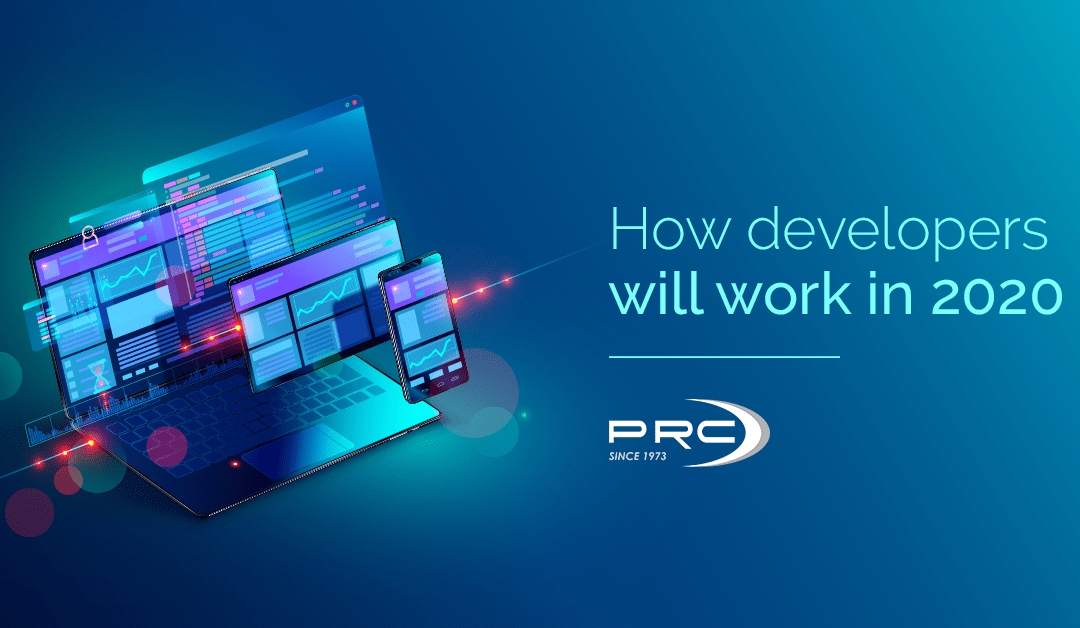With every new year, we welcome new approaches in the world of software developers. We already know that anything regarding technology, software development, and codes is complex but continuously evolving, fortunately for our benefit.
Therefore, here are some of the skills, tools, and trends you need to learn to take on this ever-changing development industry.
Automated code analysis improves:
Code analysis tools are no longer a splurge, now there are free of charge alternatives available that give proprietary offerings a run for their money. According to Peter O’Hearn, a research scientist at Facebook, Facebook has invested in advanced analysis tools that take on evolutionary reasoning techniques similar to program verification and computational search tools. In addition, TNW mentions that GitHub and GitLab are leaning towards simplifying the process of source analysis into the complete lifecycle of code. It is becoming clear that code analysis will play an essential role in the years to come.
Tool diversity:
The world of infrastructure is constantly changing, and during 2020 the Cloud and container ecosystems will expand even more. You can also count on new applications being built even quicker than before because of the simpler new platforms that are being improved. Besides these improvements in diverse tools, enterprises can expect to have a growing aspect on their applications.
Machine learning, data & artificial intelligence (AI):
Brian Dawson, DevOps at CloudBees, mentioned that developers will see smart IDE’s, CI/CD pipeline tools, and others, acting as virtual pair programmers because they will now learn to capture data as they work. As a result, these will help identify errors, anti-patterns in code and practices, as well as identifying success behaviors and practices that will help prevent mistakes. In other words, these advancements will remove blockers and increase the chances of success developers can achieve on-time delivery.
Serverless computing will mature:
All though serverless computing still has to be improved beyond its core tasks (deploying, scaling, and monitoring applications), during 2020 it will fully develop. The vice-president of Marketing at Platform, Chris Yates, stated that “serverless” will handle state storage without requiring developers to constantly have to learn another proprietary database service. To back up Yates, the Developer Adoption Lead EMEA at Red Hat, Markus Eisele added that optimized frameworks will speed up local developments while easing the way into productions.
For help on these topics, contact PRC today at 787-641-7727 or for more information explore our website.

